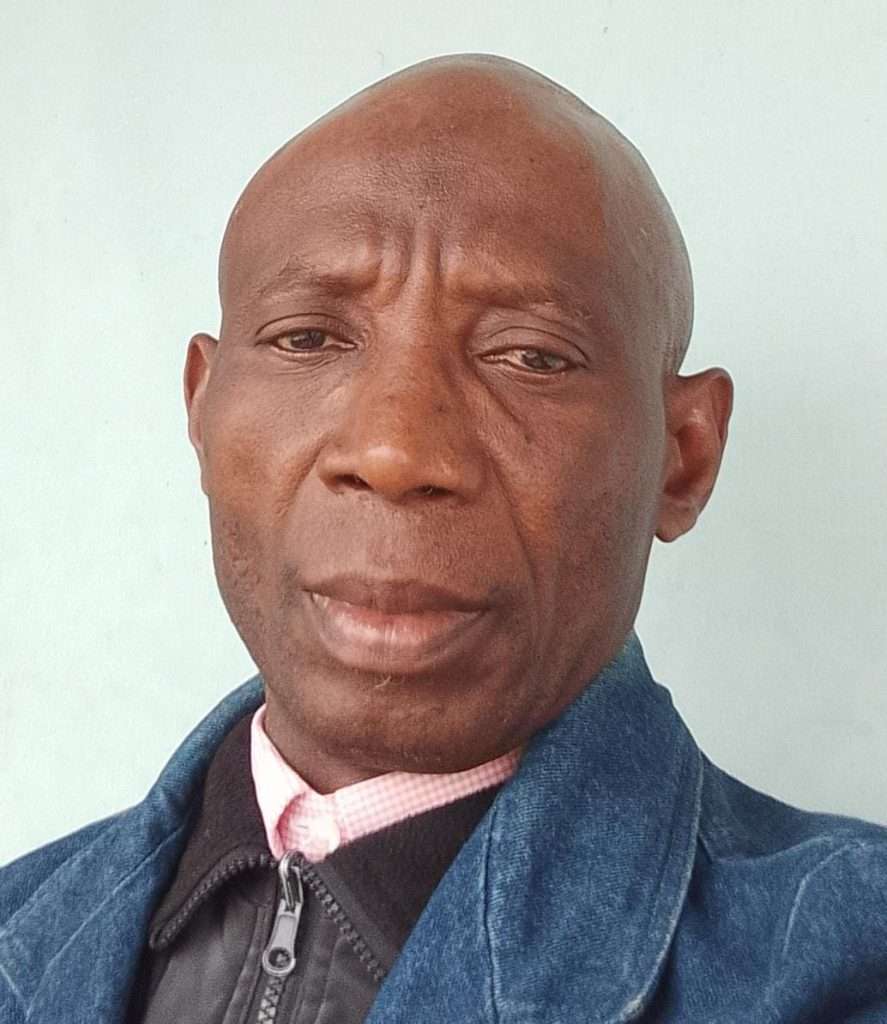


As we gather to celebrate Teachers’ Day in Nigeria, we take a moment to honour the unwavering dedication of educators who profoundly impact the lives of students from elementary school to higher education. Your tireless efforts, commitment to nurturing future leaders, and selfless service do not go unnoticed. To every teacher out there, know that your contributions are invaluable, and as the saying goes, “Education is the most powerful weapon which you can use to change the world” (Nelson Mandela). God will reward your sacrifices and elevate you in this life and the hereafter. Remember, you are not forgotten by your Creator.
However, amidst this celebration, we must also confront an uncomfortable truth: the Nigerian Union of Teachers (NUT), founded with the noble intention of advocating for the rights and welfare of educators, has fallen short in its mission. While the NUT has historically played a crucial role in uniting teachers and advocating for their rights, recent years have seen it morph into a self-serving entity that prioritises personal gain over the welfare of its members. Many of those who parade themselves as union leaders appear to have betrayed the very teachers they claim to represent, engaging in politics and corruption that leave their constituents suffering. This paper seeks to expose the NUT’s failure in catering to its members and to argue that it may be time to consider reforming the union altogether.
It is important to clarify that this critique is not intended to disparage the union but to put its leadership on notice, urging them to take meaningful action and fulfil their responsibilities. The current leadership of the NUT is characterised by a disheartening trend—many leaders are more interested in their political ambitions than in addressing the needs of teachers. They have effectively sold out their members to the government, aligning themselves with political powers while neglecting the core purpose of the union. This betrayal is not just a minor oversight; it is a fundamental breach of trust. Teachers, who dedicate themselves to nurturing future generations, find themselves at the mercy of union leaders who prioritise their own interests over the collective welfare of the profession.
Corruption within the union is rampant, with leaders exploiting their positions for personal enrichment. Monthly contributions from dedicated educators, meant to support the union and its members, are often siphoned off to line the pockets of those in power. This financial misappropriation not only undermines the integrity of the union but also exposes its members to further suffering. Instead of investing in programmes that could genuinely benefit educators, union leaders engage in unprofitable initiatives that serve only to distract from their own failings.
Additionally, the NUT has become a breeding ground for those who seek to stifle the voices of dedicated teachers. Union leaders often marginalise those who are committed to their teaching duties, labelling them as outsiders if they dare to challenge the status quo. This witch-hunt is nothing short of an affront to the very principles of solidarity and support that the union was established to uphold. Teachers who are not entangled in the murky waters of politics are sidelined, while those who engage in self-serving practices are celebrated.
Yet, it is crucial to acknowledge that the NUT has made significant strides in advocating for teachers’ rights in the past. It has historically been a voice for educators, pushing for better salaries and working conditions. Many teachers have benefited from the union’s efforts to secure improved benefits and job security. Recognising these contributions does not negate the need for reform; rather, it underscores the potential for the union to regain its original purpose.
The disconnect between the NUT leadership and the teachers it claims to represent is glaring. Union leaders now operate as lords, detached from the realities faced by their members. They have built a fortress around the union, hoarding its resources and properties while neglecting the needs of the very educators who support them. This moribund style of operation is a far cry from the vision of the union’s founders, who established it to advocate for the rights of teachers and improve their working conditions.
The current leadership is living off the past glory of those who dedicated their lives to the union’s original mission. The pioneers fought valiantly for teachers’ rights, yet their legacy has been tarnished by those who now occupy positions of power without any dedication to the cause. The leaders of today are often absent from classrooms, preferring the comforts of political engagement over the hard work of teaching. This shift in focus has dire consequences for the education sector, as the very individuals responsible for representing educators have turned their backs on the classroom.
As Nigeria celebrates Teachers’ Day, it is imperative that the government gives teachers better treatment and organises comprehensive packages aimed at improving their welfare. Specific actions should include competitive salaries, regular training opportunities, mental health support, and robust retirement plans. There should be a serious reflection on the roles of union leaders and a concerted effort to curb their excesses if we want the nation’s education to move forward. Openly speaking, no serious-minded individuals in the teaching profession feel the impact of the union beyond the regular deduction of monthly dues, which primarily benefits the leaders for their personal gain. If the NUT can provide good evidence of programmes that genuinely support teachers’ welfare in terms of social, economic, and educational development, they must do so transparently.
The records are there to prove them wrong. Teachers they claim to represent are present to speak for or against based on the available data. Even the so-called End Well scheme, which was purportedly set up to assist teachers during retirement, appears to be a façade designed to enrich union leaders rather than serve its intended purpose. Most members of this scheme lack adequate knowledge of its operations due to the absence of clear platforms where they can meet to discuss their welfare.
Moreover, the operational system of the End Well scheme is archaic and riddled with corruption stemming from a lack of accountability. There are no platforms for members to discuss their welfare, and investigations from members across the states reveal a disheartening lack of progress. The government needs to intervene in the general welfare of teachers and free Nigerian education from those who inhibit teachers’ progress. It is crucial to remove the bad eggs from the teaching profession to save the country from further educational decline.
In light of these alarming realities, it may be time to consider the unthinkable: scrapping the NUT altogether or reforming it to address its excesses. Suggestions for reform include establishing transparent leadership, creating regular communication channels between teachers and union leaders, and ensuring accountability through independent audits. If the union continues to operate under its current model, it will only compound the problems faced by dedicated educators. Rather than allowing self-serving individuals to dictate the future of teaching in Nigeria, it would be far better for these leaders to return to the classrooms, where they can contribute meaningfully to the nation’s development.
Teachers deserve representatives who are committed to their welfare, not leaders who exploit their positions for personal gain. If the NUT fails to fulfil its basic function, teachers should advocate for their rights through alternative platforms, such as forming local advocacy groups or collaborating with NGOs focused on education. The future of education in Nigeria depends on a genuine commitment to the profession and the prioritisation of teachers’ needs.
If the NUT cannot fulfil this basic function, it is time to dismantle it and re-evaluate how educators can come together to advocate for their rights and improve their working conditions. Only then can we hope to create a more equitable and effective education system that truly serves the needs of both teachers and students alike.
Copyright © 2025 Fẹ́mi Akínṣọlá. No part of this publication may be reproduced, distributed, or transmitted in any form or by any means, including photocopying, recording, or other electronic or mechanical methods, without the prior written permission of the author.








